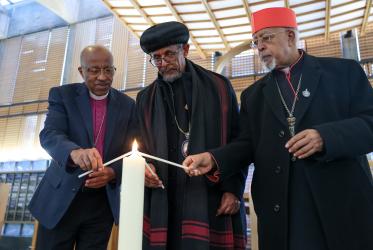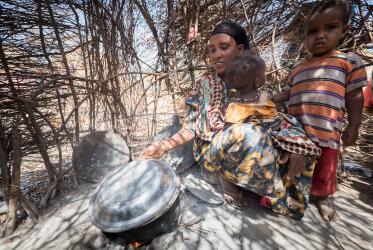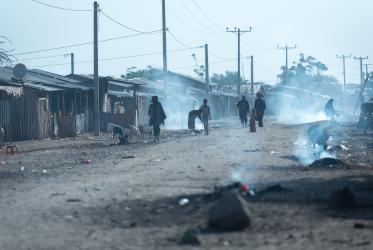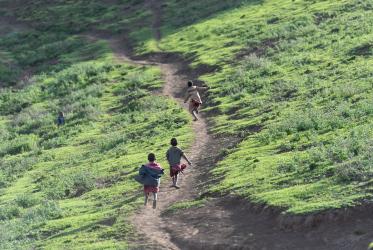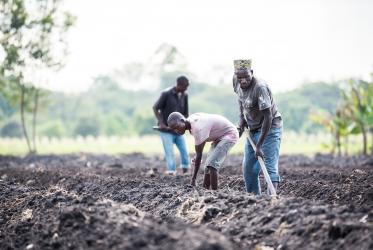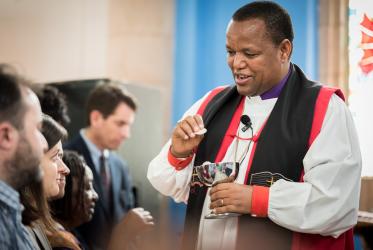Displaying 1 - 20 of 20
Protecting Ethiopia’s church forests
27 October 2021
How will Africa go to the assembly?
25 June 2021
WCC sends letters of concern over violence and conflict in Ethiopia
04 February 2021
Arusha offers vibrant and colourful worship life
12 March 2018
Land rights focus of panel discussion
17 November 2015
